Temperatures often vary throughout the house, especially when it comes to basements. There are numerous reasons why a basement may be cold in the summer. If your basement is chilly during the summers and you're wondering how you can fix it, read on to find the answer.
Here is a list of quick fixes and some tips on keeping your basement warm in the summers:
- Lower the basement humidity levels by reducing unwanted moisture.
- Seal your windows and doors.
- Insulate the walls and the floors. Insulation prevents a cold basement in summer.
- Install radiant heat floors.
- Make changes in the HVAC ductwork system.
- Seal your doors and windows.
- Let the sunlight in during the day by keeping blinds or curtains.
Identify the reason your basement might be cold in the summers, and work on fixing that issue first before you move on to making your basement warmer. We have covered the basics of raising basement temperatures. Now, let's take a deeper look at how you can utilize these tips.

Getting The Basement Warmer
Basements are a great way to increase space in a home. However, any room needs to achieve optimum living conditions for it to be usable.
Basements are comfortable retreats and convenient spaces to do activities. It is essential to regulate the temperature in basements so that you can make use of this space. If your basement refuses to warm up during the summertime, it can significantly reduce the functionality of the basement. Here is a deeper look at how to raise the temperature in your basement and make it warmer for you and your family:
Lower The Humidity Level
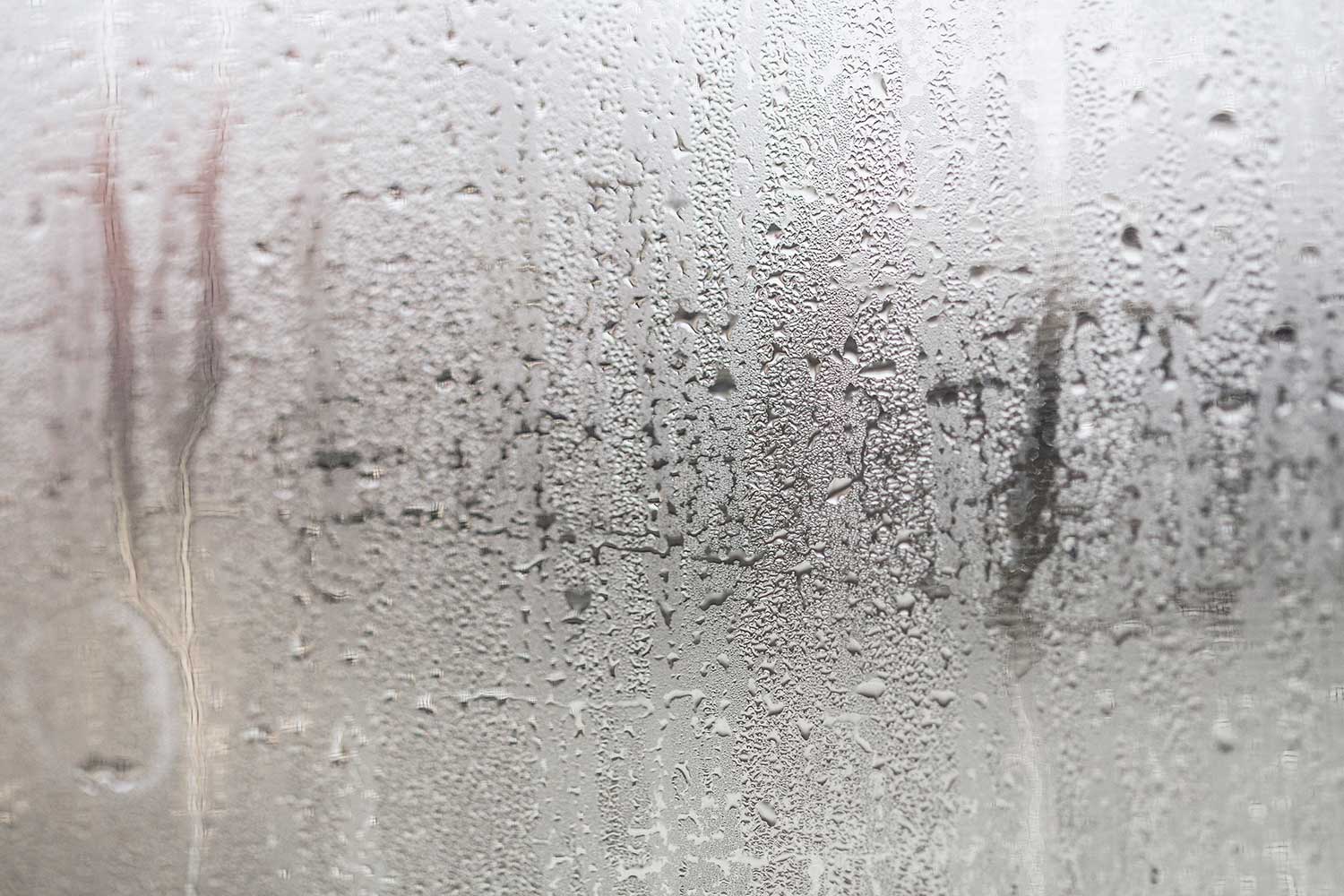
The place in your home that is most prone to be affected by humidity is the basement. The reason is that dampness can lower temperatures considerably. Moreover, humidity can also lead to worse conditions in your basement. Lots of moisture and moderate temperatures are ideal for mold, mildew, and other such issues.
Control humidity levels in your basement by installing a dehumidifier according to your basement's size. It's good sense to keep a small humidifier running on the side in the basement. Although nowadays, most air conditions come equipped with pre-installed humidifiers.
If you're constantly noticing that big chunks of your basement walls are damp, make sure to check the pipes in the basement for any leakage since that's the most significant cause of increasing humidity in the basement. Also, unclog any drains to make sure that the air ducts are always clean. Your HVAC system might also need repairs. Install insulating material around the HVAC pipes to prevent them from gathering moisture or leaking into your basement.
Installing an air pump is one of the most convenient ways to reduce humidity. You should make sure to install the pump so that it directly attaches to the house's duct system and throws all the air outside. You don't want the damp air from the basement to be circulating all over the place. If you want more ways to lower humidity levels, read our post here.
Seal Your Windows And Doors
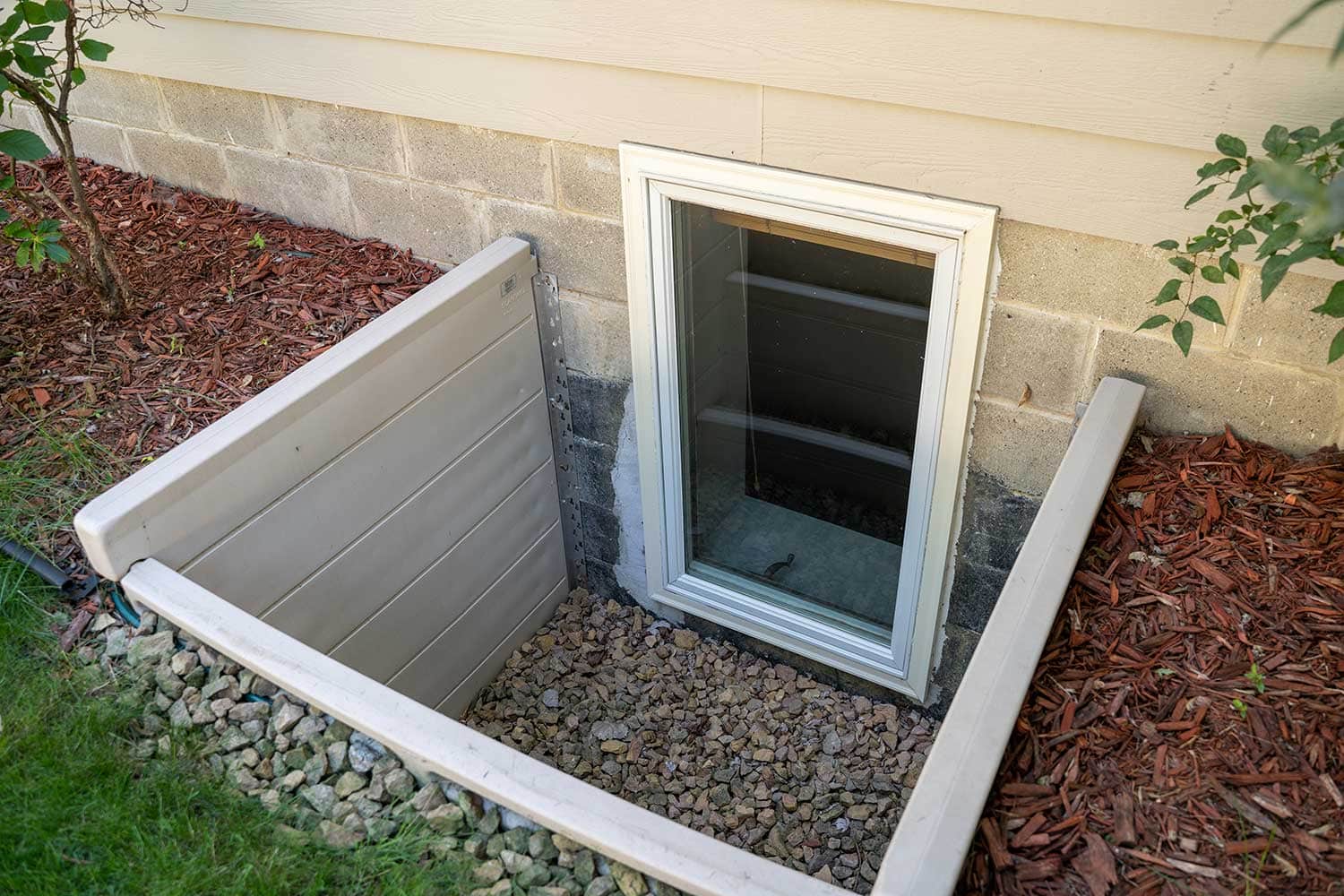
Apart from keeping the doors and windows shut, if there are any gaps between the windows and walls or the doors, heat can easily escape from tiny spaces without you noticing. Warm air can leak inside, which means humid air can enter the basement. Even if it is warm at first, the high moisture levels will quickly cool down your basement.
The moisture can also settle on surfaces and lower the temperature of your basement quickly. Search around thoroughly for any leaks or cracks in the construction and use a sealant to seal off these spaces.
Provide Better Insulation
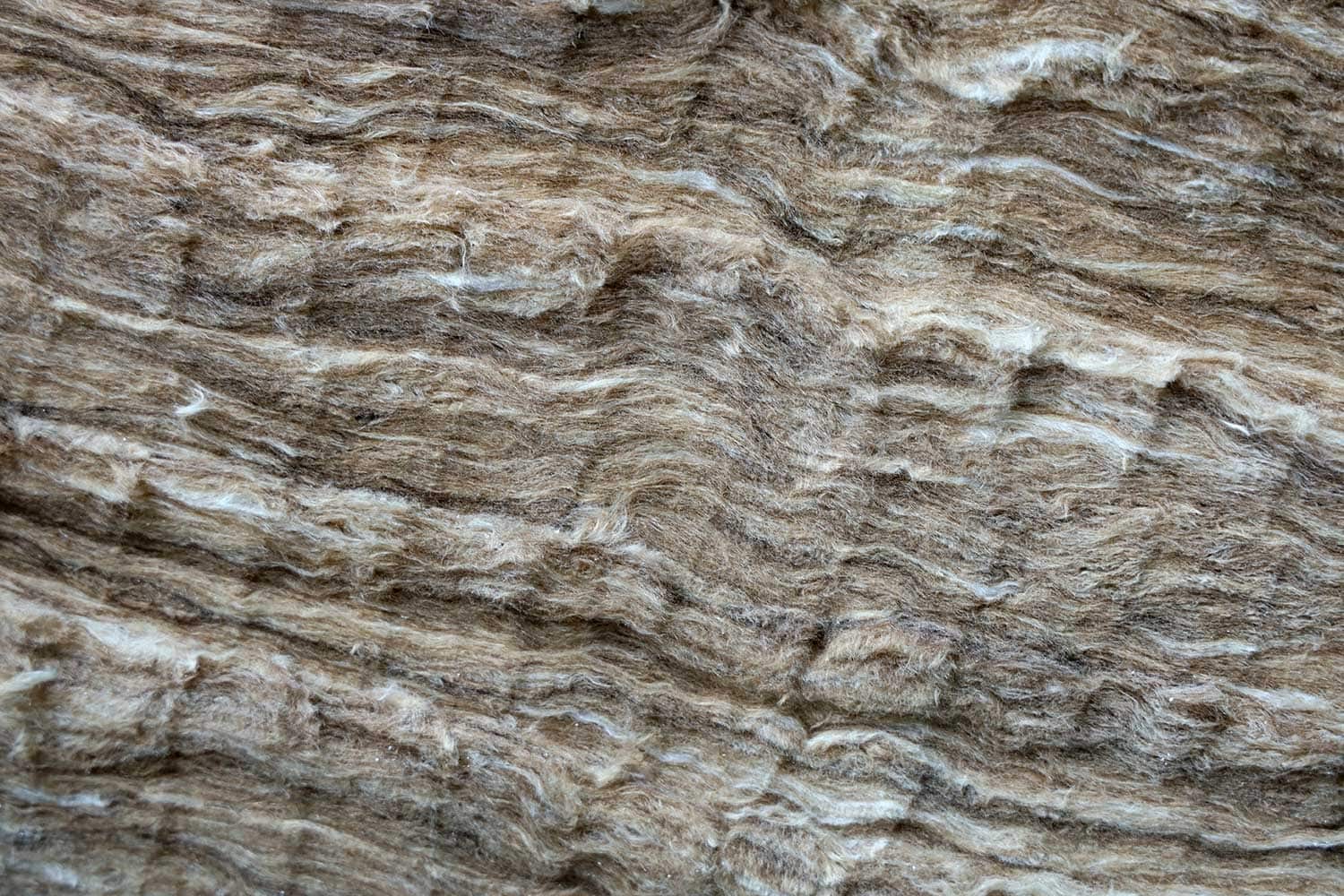
Basements tend to be the least insulated parts of the house. However, adding insulations to the walls and floors can help make the basement warmer since insulation traps the heat inside the room rather than let it seep outside. You can choose between a blanket or foam board insulation if your basement is still under construction, or you can go for a loose-fill or spray foam insulation option if your basement's construction is complete.
Fill the stud cavities and fur out the concrete walls to increase the temperature of your basement. With this method, you can trap heat inside. You can also install sleeper strips or other insulation material under the floors if the basement floor is concrete. Check out our post for more information on basement insulation.
Install Radiant Heat Floors
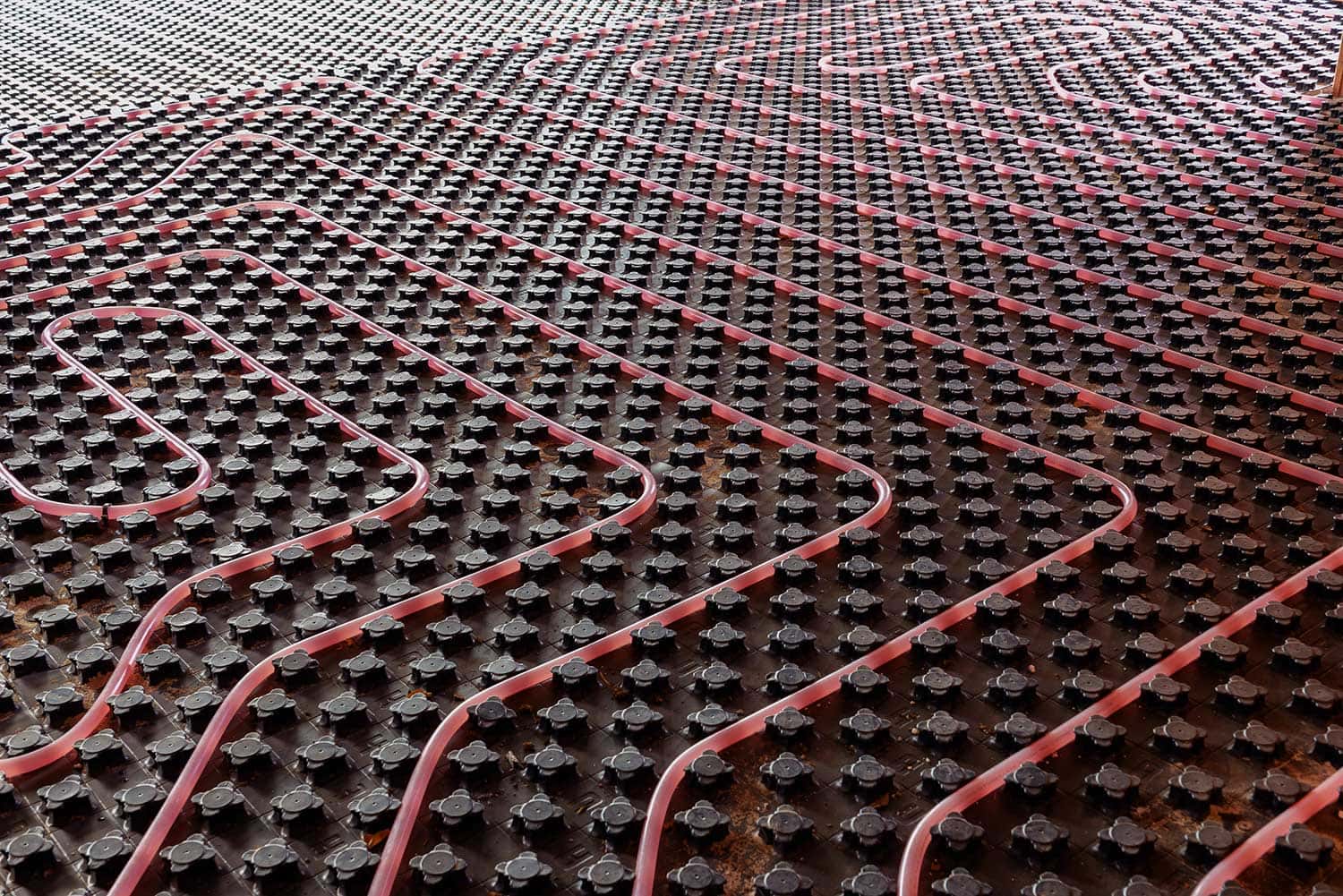
If you don't mind making a long-term investment to improve the structural integrity of your house, then installing heat flooring is a great idea. Hot air rises, and cold air settles down; this means that you can instantly have a natural circulation system through your basement by making the floors warmer.
Hydroponic systems circulate warm water under the flooring. On the other hand, electric radiant-heat flooring operates through a system of pipes and wires laid under the floor. The installation cost of these systems can vary anywhere from $15,000 to $20,000, depending on the size of your basement. However, it's more expensive to install heat flooring than it is to have forced air, but you can still save a lot of money by saving on operating costs in the long run.
Make Changes In The HVAC Ductwork System
Changes in the HVAC ductwork system are a cheaper solution to basement temperature than radiant heat flooring. You can extend the ductwork of the existing HVAC system to the basement. This way, the heat your furnace produces can go to the basement. Just make sure that your HVAC system can handle the extra load, and you're good to go.
You can call a professional HVAC service provider in your area who can help you make these changes. You might want to get a quotation from three or four companies before settling on one.
Seal Your Doors And Windows
Keeping your windows and doors shut during the hot summers has more advantages than just keeping out the bugs. The air that comes inside carries humidity from the outside to inside the house. So keep your windows and doors shut to make sure that you can have better control over the inner temperature levels.
It also costs you more if you leave your windows and doors open during the summer. This is because the air that rushes inside comes into the house towards the basement, causing alterations in the temperature. The thermostat detects this change and constantly needs to be corrected and lowered.
Let The Sunlight In
Let in warm sunlight by opening up the curtains and blinds from the windows. The solar heat from the sun will naturally increase your basement temperature and draw away humidity, mold, mildew, and any spores of microorganisms that may otherwise grow in your basement. However, don't open the doors or windows! Leave them closed because humid air from the outside can cause more harm than good.
Why Is My Basement So Cold In The Summer?
It may sound surprising, but basements can become cold and damp during the summers. So, if you wish to convert your basement into a children's room or working space for your summer projects, you might need to investigate the reasons why your basement is so cold in the first place.
Basements generally tend not to have much ventilation; this causes the air to become humid, and that's the damp smell that your basement reeks of when you walk inside. The scent can worsen if there is an accumulation of water on the ground under your basement.
The exterior of the rest of the house usually either gets direct sunlight or enough warm air that causes its temperature to fall almost equal to the outside temperatures. But the basement receives a low or only moderate amount of sun, which means that its floor is much colder than the rest of the house.
Should I Leave My Basement Door Open In Summer?
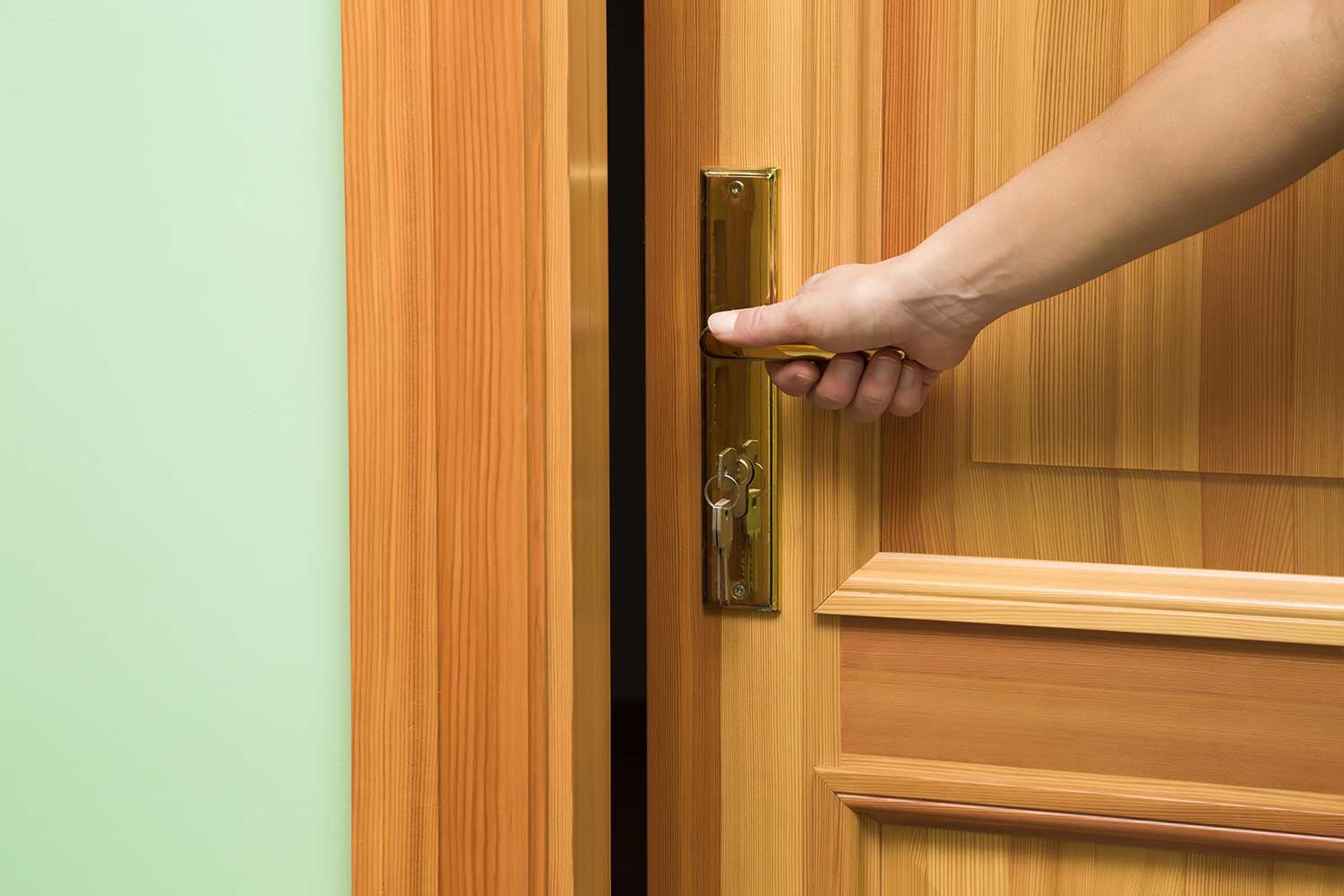
Most folks leave the basement door open during the summer, thinking that warm air from the house will rush inside and make the basement nice and comfy. But in fact, they're causing themselves additional repair bills down the years by this simple mistake.
Everyone knows that when a cold, damp surface comes in contact with warm air, tiny condensation particles start to form. It's like taking a bottle of coke out of the freezer. As condensation particles remain on the floor and the wood in your basement, it promotes rot and mold throughout the house.
Forget about any fancy furniture you've got in the basement. Sometimes this rot can even seep into the walls and start causing seepage in the insulation.
Does Basement Humidity Go Up In The Summer?
The humidity of the basement rises during the summers. The summers are hot and humid times, especially if you live in a place where it rains a lot. It can take quite a while to get all the dampness out. This is because there are fewer inlets of heat in the basement. So whenever the humid air comes inside, it stays and keeps seeping into the walls and floors.
Cracks in the concrete are another source of warmth and humidity inside the basement. Due to the pressure difference, the warm air seeks to rush inside and make the surroundings damper. Additionally, the gutter pipes and water mains that go through the basement add a significant amount of moisture that lingers in the air.
Will A Fan Help Reduce Humidity In Basement?
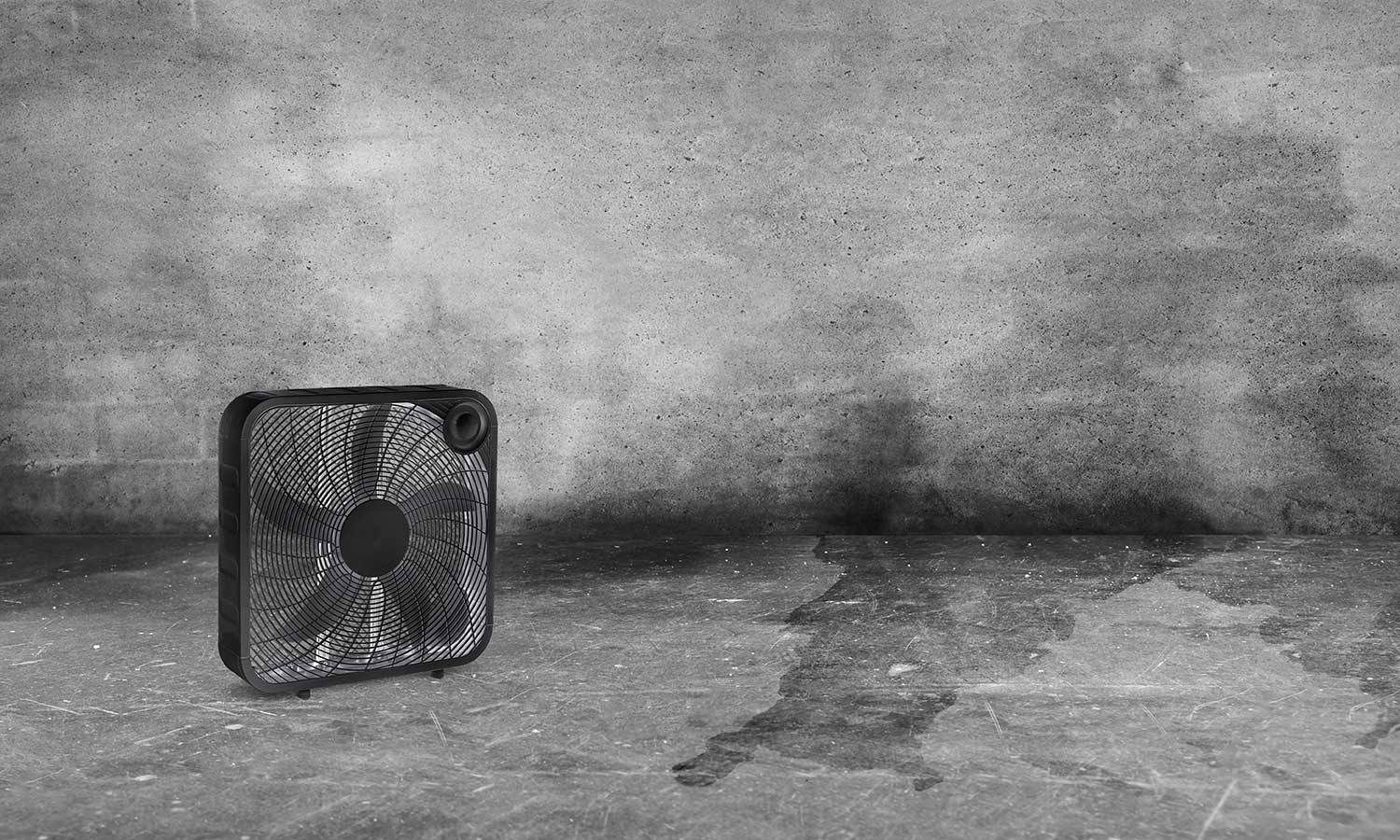
Installing a fan is a cost-effective method to reduce the moisture from any room. Fans blow out the air from inside to outside and improve the ventilation. The best way to reduce humidity is to keep the fan closer to the doorways and the windows to get maximum results. Even when you're not using the basement, it's a good idea to keep a low-speed fan running downstairs to keep the air flowing.
Final Takeaway
Learning how basements can become cold in the summer is the first step towards fixing the problem. The step that follows is finding out the source of the cold temperature. Once you do that, you can avoid the temperature shock that the basement can have on you! We hope you found the article insightful and informative.
Try out these tips and tricks to increase the basement temperature during summers, and let us know what worked for you. Until next time!
